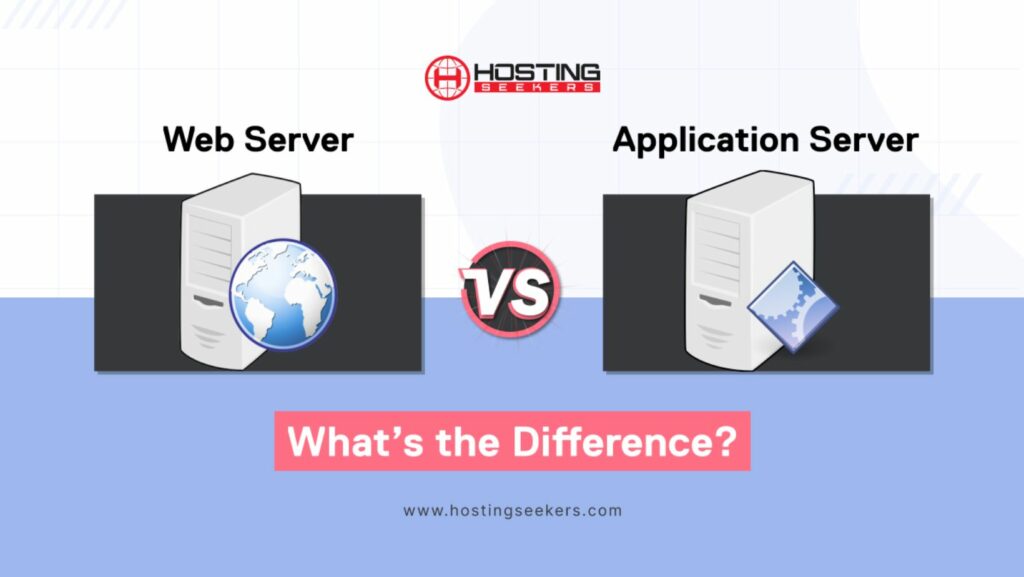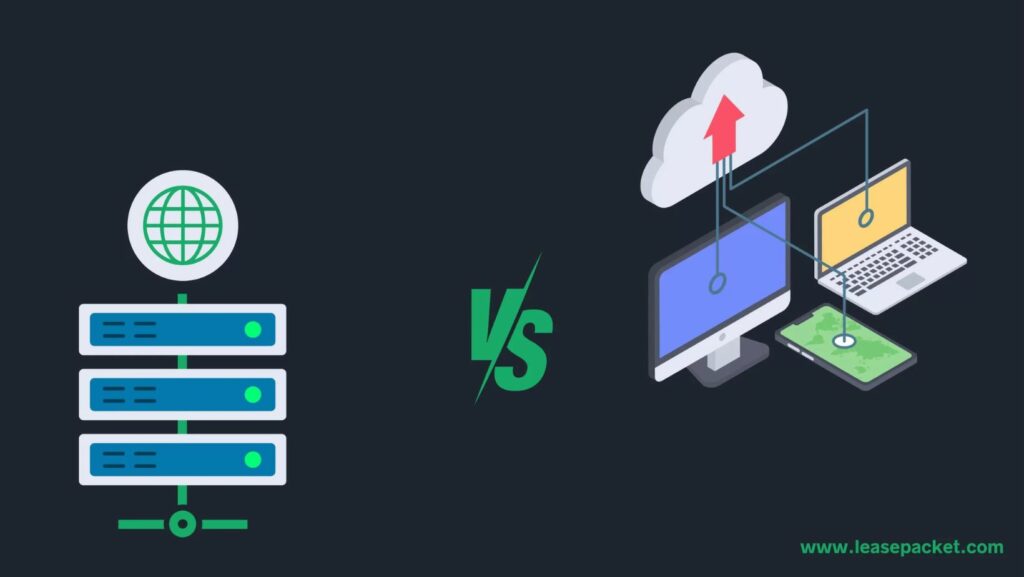
Web Servers Vs Application Servers

When it comes to the backbone of the digital world, understanding the distinction between web servers vs application servers is crucial. Web servers, like Nginx or Apache, handle the initial request-response cycle for websites, serving static content efficiently. On the other hand, application servers, such as Tomcat or JBoss, are designed to execute dynamic, data-driven applications with advanced functionalities.
In this article, I’ll delve into the nuances of web servers vs application servers, highlighting their unique roles in the realm of server-side technologies. By clarifying the differences in their functions and capabilities, you’ll gain a clearer insight into how these servers operate and complement each other in the complex web ecosystem. Let’s explore the intricacies of web servers and application servers to unravel their distinct purposes and optimize their utilization effectively.
Understanding Web Servers

A web server is a fundamental component in the digital infrastructure that plays a crucial role in handling HTTP requests from clients’ web browsers. It focuses on delivering static content such as HTML files, images, and CSS stylesheets efficiently. Examples of popular web servers include Nginx and Apache. These servers form the backbone of the communication process between a user’s device and the desired web content, ensuring fast and reliable access to websites.
Web servers are primarily responsible for processing and responding to incoming HTTP requests by serving static content directly to users. They manage tasks like accepting requests, locating the requested files, and transmitting them back to the client’s browser promptly. Additionally, web servers handle security protocols, ensuring safe data transmission between the server and the user’s device. Their role in the digital realm is crucial for maintaining a seamless user experience and ensuring the efficient delivery of web content.
Exploring Application Servers
What Is an Application Server?
An application server, unlike a web server, is designed to execute dynamic processing. It works with various protocols to manage the business logic of applications, handle transactions, and ensure seamless integration of different components. Application servers are commonly used to deploy and run enterprise applications, providing a robust infrastructure to support complex functionalities such as database communication, caching, and messaging services. Examples of popular application servers include Tomcat, JBoss, and WebSphere.
Core Capabilities of Application Servers

Application servers offer a range of core capabilities that distinguish them from web servers. They provide support for advanced programming languages like Java, Python, and Ruby, enabling the development of sophisticated applications with intricate functionalities.
Additionally, application servers offer scalability features to handle a large volume of concurrent users, ensuring optimal performance under heavy workloads. These servers also support clustering and load balancing mechanisms to enhance reliability and fault tolerance, crucial for mission-critical applications in enterprise environments.
Differences in Performance
When comparing web servers and application servers, it’s essential to understand their performance distinctions. Web servers specialize in handling HTTP requests by serving static content like HTML, CSS, and images. They excel at quickly delivering predefined files to users. In contrast, application servers are designed to manage dynamic processing, business logic, and database interactions, making them ideal for executing complex functionalities required by modern applications. Application servers provide a platform for applications to run and scale, handling heavy computational tasks efficiently.
When to Use Which Server
Deciding whether to use a web server or an application server depends on the nature of the project. For simple websites with static content, a web server like Nginx or Apache is sufficient as it can efficiently deliver the required files to users. On the other hand, if the project involves dynamic web applications that require processing logic, database interactions, and scalability, an application server such as Tomcat, JBoss, or WebSphere would be more suitable. Application servers are better equipped to handle complex business logic and provide support for advanced programming languages, making them the preferred choice for applications that demand more than just static content delivery.
